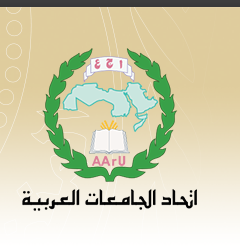Arab Journal of Administration المجلة العربية للإدارة
Article Title
Abstract
Saudi women have crucial roles in the national and international development to achieve the vision of 2030. They have proven their competence in a variety of sectors. This is not surprising as the Sharia law has guaranteed women’s rights regardless of their positions. Although women have proven their excellence in leadership, they still lack equal opportunities in leadership positions in higher education, believing that men are more competent for leadership. Therefore, the present study aimed to analyze women leadership in literature, understanding the reality of women leadership in academic field and the challenges that they face in obtaining leadership positions. In addition, it provides recommendation that reinforce the Kingdom direction to achieve the vision of 2030. Qualitative research used to carry out the study using content analysis, interviews and observations. The study concluded that there is no difference in leadership effectiveness between males and females. The impact of the culture is more dominant in leaders’ behaviours than the gender. However, the innate character of each gender might appear in the work environment, like care and cooperation in women leadership, and assertiveness in male leadership. The challenges that face women are in two areas: organizational culture and social culture.
Recommended Citation
Gonaim, Faiza Adil Dr.
(2020)
"Women’s Leadership Excellence in Saudi Universities,"
Arab Journal of Administration المجلة العربية للإدارة: Vol. 40
:
No.
1
, Article 12.
Available at:
https://digitalcommons.aaru.edu.jo/aja/vol40/iss1/12

